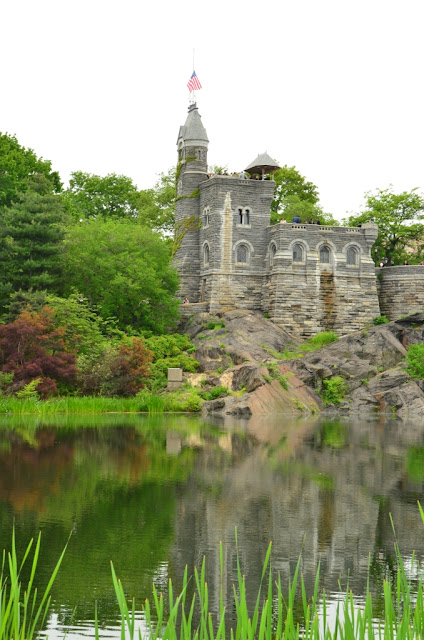For a while I've had a feeling that while a digital camera is certainly very convenient, it makes it all too easy to take photos without really concentrating on taking good photos. All to often I find myself taking a photo and then retaking it multiple times to improve it based on what I see in the LCD. That produces a lot of photos, and I still might not get a good photo since I focus on one thing at a time that needs to be fixed and forget about the big picture. For instance, I've often taken photos that I thought are well-composed, but have a crooked horizon. This shoot-and-refine cycle has another side-effect of increasing the number of photos I have to look through on my computer, and I don't really like spending more time than necessary doing that.
Thinking about what to do about this, I came to the conclusion that it might be worth trying film, since you can get a reasonable second-hand film camera fairly cheap nowadays. It's been at least 7 years since I last had a film camera and back then the cost of developing put me off using it much -- which is more of an advantage than a disadvantage for getting into a mindset of taking fewer photos. After thinking long and hard about it I bought a used Nikon N80 for about $90 a few weeks ago. The heavier, professional-level F100 is certainly attractive but at $250 it seems like an extravagance at this stage. With the 50mm f/1.8 lens I'd already bought for the D7000 and a roll of Kodak T-Max 100 film I was ready to go.
I set a goal of trying to take one photo of whatever caught my eye, and concentrate as much as possible on the composition and what I was including in the frame as I could before pressing the shutter. Taking 36 photos this way proved to be more frustrating than I expected, it took two trips on separate weekends to get through the whole roll! Here are some of the better ones:
 |
| Chrome and shadow |
I took this photo and the next one on the Upper West Side. This bike caught my eye because I've recently been taking a lot of photos of reflected scenes, though in this one the reflection doesn't really come through except in the chrome at the bottom, which isn't really the focus. I took another photo with more chrome but this one turned out to be more interesting.
 |
| Luxury |
This is one of the grand apartment buildings along West End Avenue. The tones came out much better than I was expecting, I was pleasantly surprised.
 |
| Solitude |
6th Avenue around 50th Street, where Midtown changes into corporate office buildings. I was drawn to the solitary guy sitting behind the fountain, but he is too small to really be a focus of attention. I wanted to have the lines parallel to the top and bottom edges of the frame but that would have put the man too close to the fountains of water.
 |
| Public art |
Or maybe corporate art. The tones of the reflected light drew my attention here. I spent a long time in front of it trying to figure out how to frame it in a pleasing way.
 |
| Columbus Park |
Chinatown is another one of the places that I go to when I can't think of what I want to photograph, since there's always something to see. This time I visited some parts I hadn't been to before, including Columbus Park, which was crowded with Chinese people on a Sunday. This game attracted a crowd of spectators, I waited for a while before I was able to get a clear shot of the guy concentrating on the board. The baseball cap wearer in the foreground was a distraction but there wasn't really any other way to take it.
Overall I'm pretty satisfied with the results and I'll definitely do it again, though I'll use T-Max 400 next time so that I can get a faster shutter speed. The tones on some of the photos are amazing, and the prints I got at
Grand Photo Solutions have very nice contrast (I put the scans up here, which aren't as contrasty, but I increased the contrast a bit so they approximate the prints to an extent). The N80 is a very easy-to-use camera, since it's film there's much fewer settings to worry about and it's much lighter than the D7000 (of course a 50mm lens doesn't add much weight either). Filters complicate the picture a bit but for carefully composed shots it seems like it's going to be worth the effort. I don't foresee it displacing the digital camera, though! (aside from general convenience, it seems like it will be hard to reconcile it with the error-prone process of taking photos of people, though maybe that will come with more practice).






































